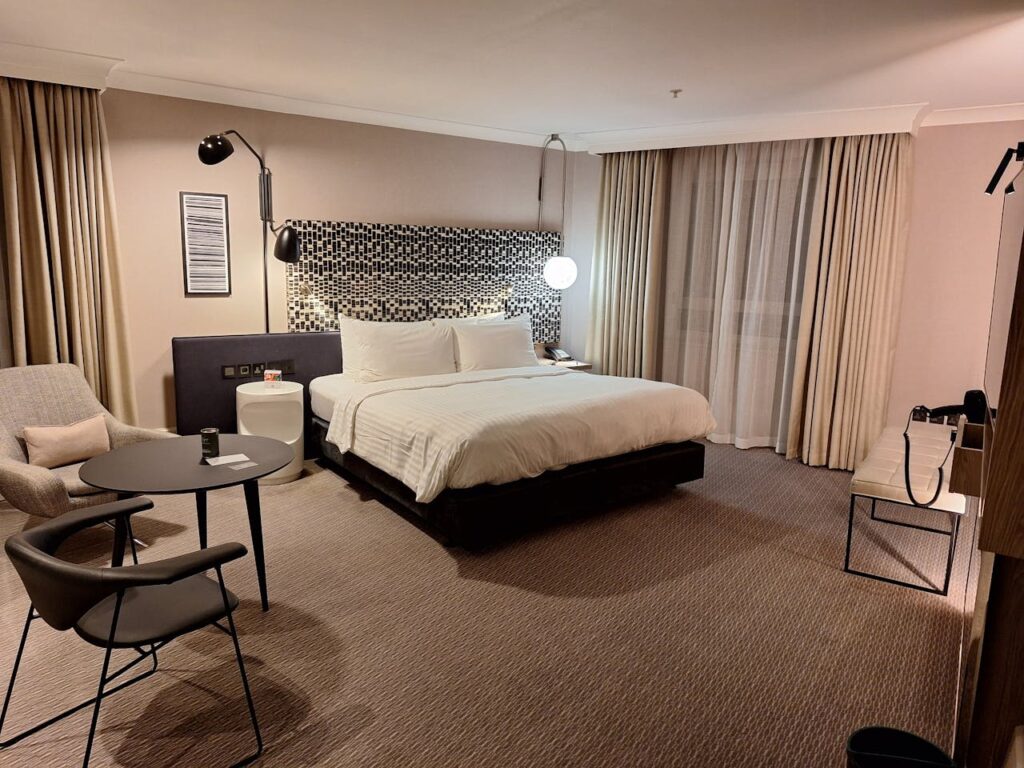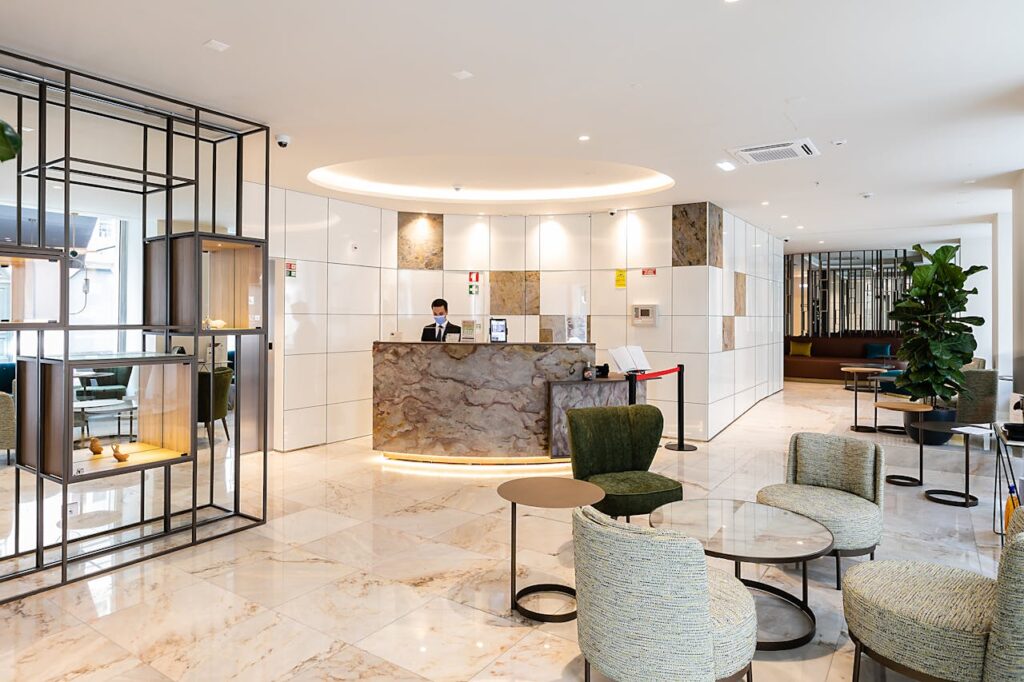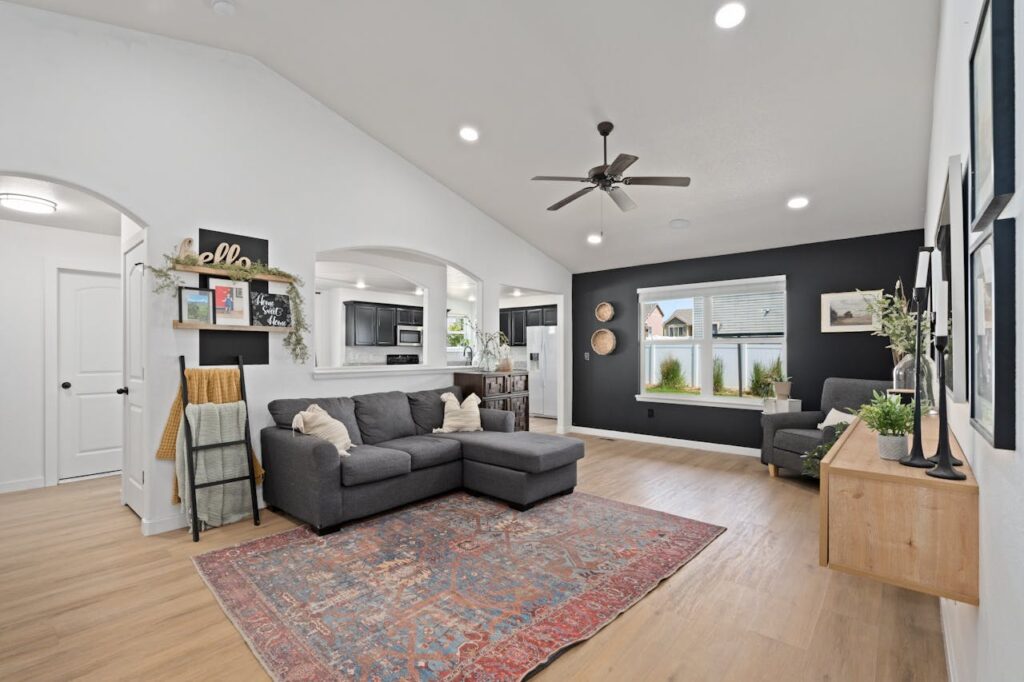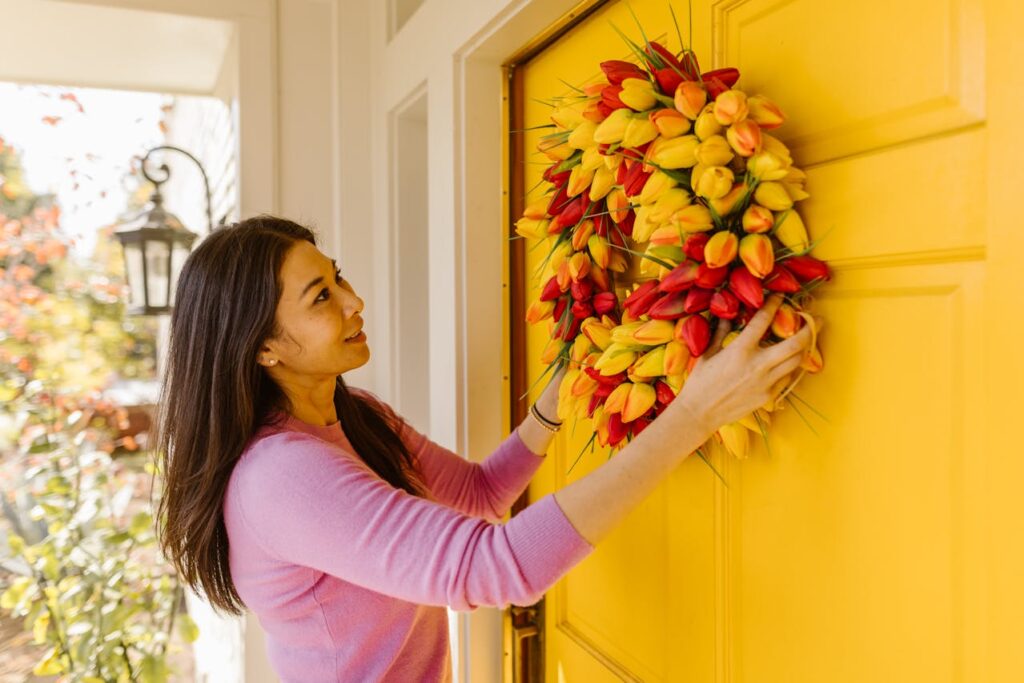7 Powerful Steps to Set Up Your First Airbnb Rental – Are You Ready to Succeed?
Table of Contents
Introduction
The rise of the sharing economy has opened up significant opportunities for individuals to generate income through Airbnb rental hosting. With millions of travelers opting for unique, home-like stays over traditional hotels, becoming an Airbnb host can be a lucrative venture. However, success in this competitive market requires more than just listing a property—it demands strategic planning, thoughtful setup, and exceptional guest experiences.
The demand for short-term rentals continues to grow as travelers seek affordable, personalized accommodations. Whether you own a spare room, a vacation home, or an investment property, Airbnb provides a platform to monetize your space. With the right approach, hosting can become a sustainable source of passive income.
Why Setting Up Your Airbnb the Right Way Matters?
First impressions are critical in the hospitality industry. A well-designed, clean, and functional space can lead to positive reviews, repeat bookings, and higher occupancy rates. Proper setup also ensures compliance with local regulations and enhances guest safety and satisfaction.
What You’ll Learn in This Guide
This guide will walk you through the essentials of starting and optimizing your Airbnb rental, from creating a standout listing and pricing strategies to managing guest communication and maximizing profitability. Whether you’re a beginner or looking to improve your hosting skills, this guide provides actionable insights to help you succeed.

Step 1: Choose the Perfect Property
Renting vs. owning: What works best?
The first step in setting up a successful Airbnb rental is selecting the right property. But should you rent or own? If you already own a property in a desirable location, you’re in a great position to start. However, renting a property specifically for Airbnb (known as rental arbitrage) can also be profitable—just make sure you have permission from the landlord and understand local subletting laws.
Ideal locations for high occupancy and profit
Location is key to maximizing occupancy and profits. Look for areas with high tourism, business travel demand, or unique attractions. Cities with strong year-round demand, coastal getaways, or charming countryside retreats often perform well. Research nearby listings on Airbnb to see their pricing, occupancy rates, and guest reviews.
Understanding local Airbnb regulations and laws
Before committing, thoroughly check local Airbnb regulations and zoning laws. Some cities have restrictions on short-term rentals, requiring permits, taxes, or limiting the number of days you can rent. Ignoring these rules could lead to hefty fines or legal issues. Visit your city’s official website or consult a real estate attorney if needed.
By choosing the right property in a prime location and staying compliant with regulations, you’ll set a strong foundation for your Airbnb rental business. Is your ideal Airbnb location in high demand?
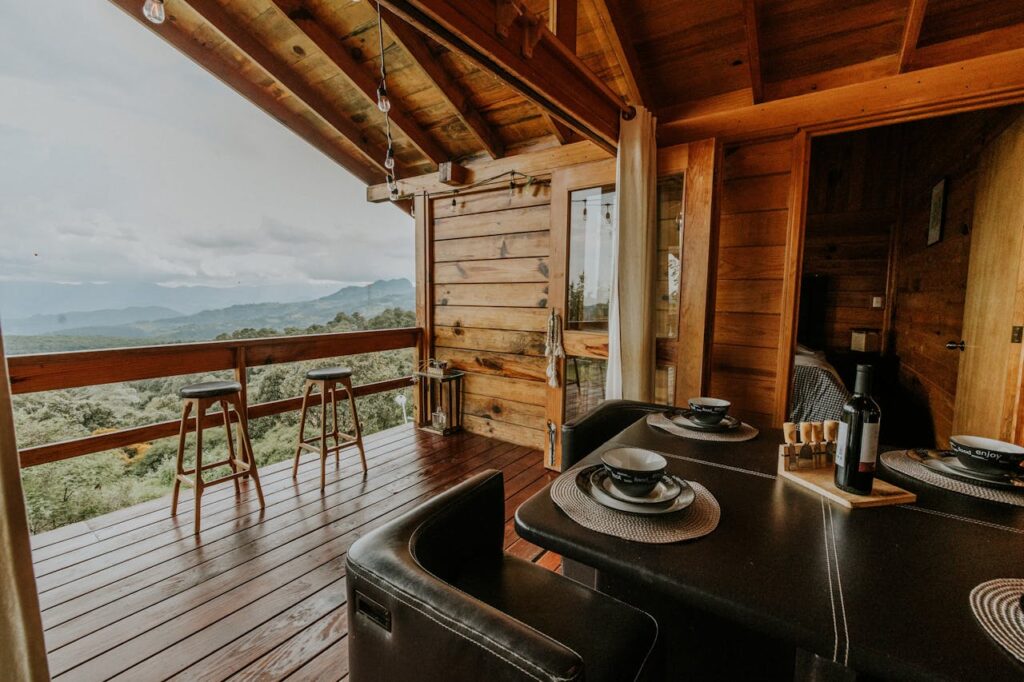
Step 2: Optimize Your Space for Guests
To make your Airbnb rental stand out in a competitive market, offering the right amenities and creating a welcoming atmosphere are key. Travelers often choose Airbnb for the comfort and convenience it provides, so your space should feel like a home away from home.
What Amenities Would Make Your Airbnb Stand Out?
Beyond the basics like clean linens, towels, and Wi-Fi, consider adding amenities that cater to your target audience. For example, provide a coffee station with a quality machine and premium coffee, a fully equipped kitchen for longer stays, or a smart TV with streaming services. Little touches like toiletries, extra blankets, and a guidebook with local recommendations can also leave a lasting impression. If your space allows, outdoor amenities like a cozy patio, BBQ grill, or access to recreational equipment (bikes, kayaks, etc.) can significantly enhance the guest experience.
Does Your Space Create a Welcoming and Comfortable Experience for Guests?
A well-designed space should feel inviting and functional. Use neutral colors, comfortable furniture, and thoughtful decor to create a relaxing environment. Ensure the space is spotless and clutter-free, with ample storage for guests’ belongings. Pay attention to lighting—soft, warm lights can make the space feel cozier. Small gestures like a welcome note or a basket of snacks can go a long way in making guests feel valued. By optimizing your space, you’ll not only attract more bookings but also earn glowing reviews that boost your reputation.
How Can You Optimize Your Space to Attract More Guests?

Step 3: Set Competitive Pricing
How does your pricing compare to similar listings in your area?
Pricing your Airbnb rental correctly can make or break your success. Charge too much, and you risk low occupancy. Charge too little, and you leave money on the table. The key is to find the sweet spot by comparing your rates to similar listings in your area. Look at properties with the same number of bedrooms, amenities, and guest capacity. Pay attention to their nightly rates, cleaning fees, and guest reviews to gauge their value.
Are you factoring in seasonal demand and special events?
Seasonal demand and local events play a huge role in pricing. If your area experiences peak tourism during certain months, adjust your rates accordingly. Major events like music festivals, sports tournaments, or conferences can also drive demand—don’t miss out on these opportunities to increase prices. Conversely, during slower seasons, consider offering discounts or promotions to maintain bookings.
Airbnb’s Smart Pricing tool can help, but don’t rely on it blindly. It’s always best to monitor trends and adjust manually. You can also experiment with weekend vs. weekday pricing and offer long-term stay discounts to attract different types of travelers.
Is your pricing strategy competitive and flexible enough to maximize your earnings?
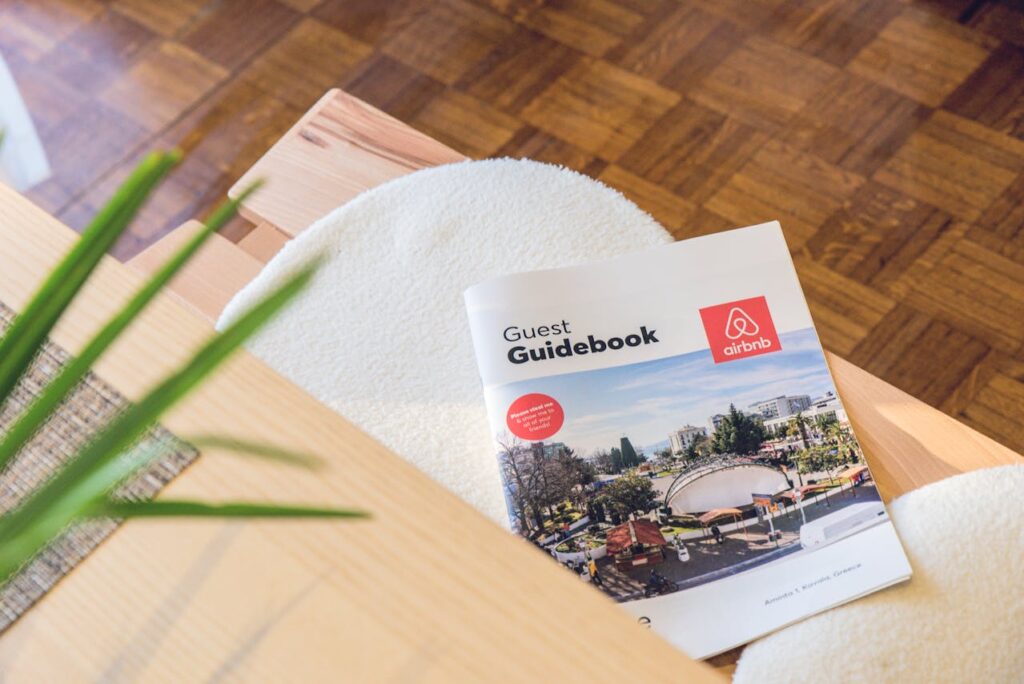
Step 4: Craft an Irresistible Listing
Would you book your own listing based on the photos and description?
When crafting an irresistible Airbnb rental listing, you need to approach it from a potential guest’s perspective. The first critical question to ask yourself is whether you would book your own listing based on the photos and description. This is the ultimate test of your listing’s appeal.
Consider if your photos showcase your property in its best light with high-quality, well-lit images that highlight key spaces. Evaluate whether your description creates a clear mental picture of the stay experience and answers common questions guests might have before they need to ask. Most importantly, determine if your listing stands out from similar properties in your area.
Are you highlighting the unique features of your property?
Highlighting the unique features of your property is crucial for differentiation in a competitive marketplace. Take time to identify what makes your space special, whether it’s architectural elements, design features, or recent renovations.
Consider what amenities you offer that others might not, such as a hot tub, outdoor shower, or professional kitchen. Think about anything unique about your location or accessibility that could appeal to travelers. Additionally, reflect on any special experiences or personal touches you provide that create memorable stays for your guests.
Remember that details matter when creating your listing. Instead of using generic descriptions like “nice kitchen,” be specific with phrases such as “chef’s kitchen with marble countertops and professional-grade appliances.” Rather than simply stating “great location,” specify “walking distance to the historic district’s best restaurants and shops.” These specific details help potential guests envision themselves in your space and understand the value you’re offering, ultimately making your listing more compelling and bookable.
Remember that details matter when creating your listing. Instead of using generic descriptions like “nice kitchen,” be specific with phrases such as “chef’s kitchen with marble countertops and professional-grade appliances.” Rather than simply stating “great location,” specify “walking distance to the historic district’s best restaurants and shops.” These specific details help potential guests envision themselves in your space and understand the value you’re offering, ultimately making your listing more compelling and bookable.
How effectively does your listing photography showcase your property’s best features, and what specific improvements could you make?

Step 5: Automate and Streamline Operations
Efficient operations are crucial for providing a seamless experience for your guests while saving time and reducing stress for yourself as a host. Automating repetitive tasks and streamlining processes can significantly enhance your hosting efficiency.
How Can You Make Check-In and Check-Out Smoother for Guests?
Simplify the check-in and check-out process by using self-check-in options, such as smart locks or keyless entry systems. Provide clear, step-by-step instructions ahead of time, including photos or videos if necessary. For check-out, communicate expectations clearly (e.g., trash disposal, key return) and avoid imposing overly strict requirements. Offering flexibility, such as late check-out when possible, can also leave a positive impression.
Are You Using Automation Tools to Save Time and Improve Efficiency?
Leverage technology to automate routine tasks. Use tools like Airbnb’s messaging automation to send pre-arrival instructions, check-in reminders, and post-stay thank-you messages. Platforms like Hospitable or Host Tools can help manage bookings, coordinate cleaning schedules, and sync calendars across multiple listings. Smart home devices, such as thermostats and noise monitors, can enhance guest comfort while reducing your workload. By automating these processes, you can focus more on providing exceptional guest experiences and growing your hosting business.
Streamlining operations not only improves guest satisfaction but also allows you to scale your Airbnb hosting efforts with ease.
How can you use automation tools to simplify Airbnb operations and enhance the guest experience?

Step 6: Deliver 5-Star Guest Experiences
What small touches can you add to surprise and delight your guests?
Providing an exceptional guest experience is the key to earning glowing reviews and maximizing bookings. But what small touches can you add to surprise and delight your guests? Start with the basics—comfortable bedding, quality toiletries, and a spotless space. Then, go the extra mile with thoughtful gestures like a personalized welcome note, complimentary snacks, or a local guidebook with your favorite restaurant recommendations.
How do you plan to handle guest issues or unexpected situations?
Communication is crucial. Respond to guest inquiries quickly, provide clear check-in instructions, and be proactive in addressing their needs. Automating messages with a friendly tone can make interactions smoother while keeping a personal touch.
But what happens when things don’t go as planned? How do you plan to handle guest issues or unexpected situations? Whether it’s a last-minute cancellation, a maintenance problem, or a noise complaint, staying calm and professional is essential. Have a plan in place—connect with a reliable cleaner, handyman, or co-host who can assist when needed. If a guest has a complaint, acknowledge their concerns and offer a fair resolution.
By focusing on comfort, communication, and problem-solving, you’ll create memorable stays that turn first-time guests into repeat visitors. What’s your strategy for delivering a 5-star experience?

Step 7: Market and Scale Your Airbnb Business
How will you attract more guests and increase your booking rate?
To enhance visibility and bookings, implement a multi-faceted marketing approach. Optimize your listing with professional photography and keyword-rich descriptions targeting your ideal guests. Develop a competitive pricing strategy using dynamic pricing tools to adjust rates based on seasonality, local events, and demand fluctuations. Encourage and respond to guest reviews promptly, as positive feedback significantly impacts booking decisions.
Build your brand through social media by creating dedicated accounts showcasing your property and highlighting local attractions. Consider creating a simple website for direct bookings to reduce platform fees. Partner with local businesses to offer exclusive guest discounts and cross-promote services. Analyze your performance metrics regularly to identify improvement opportunities in your listing and guest experience.
Are you considering expanding to multiple properties in the future?
Scaling requires careful planning. Begin by mastering operations with your current property, then reinvest profits into additional properties. Consider different expansion models: similar properties in the same area to leverage existing knowledge, or diversifying into different markets or property types. Build systems and potentially hire staff as you grow. Alternatively, explore property management partnerships to handle operations for other owners, creating an additional revenue stream without the capital investment of purchasing more properties.
How can you effectively market your Airbnb and scale your business to maximize bookings and revenue?
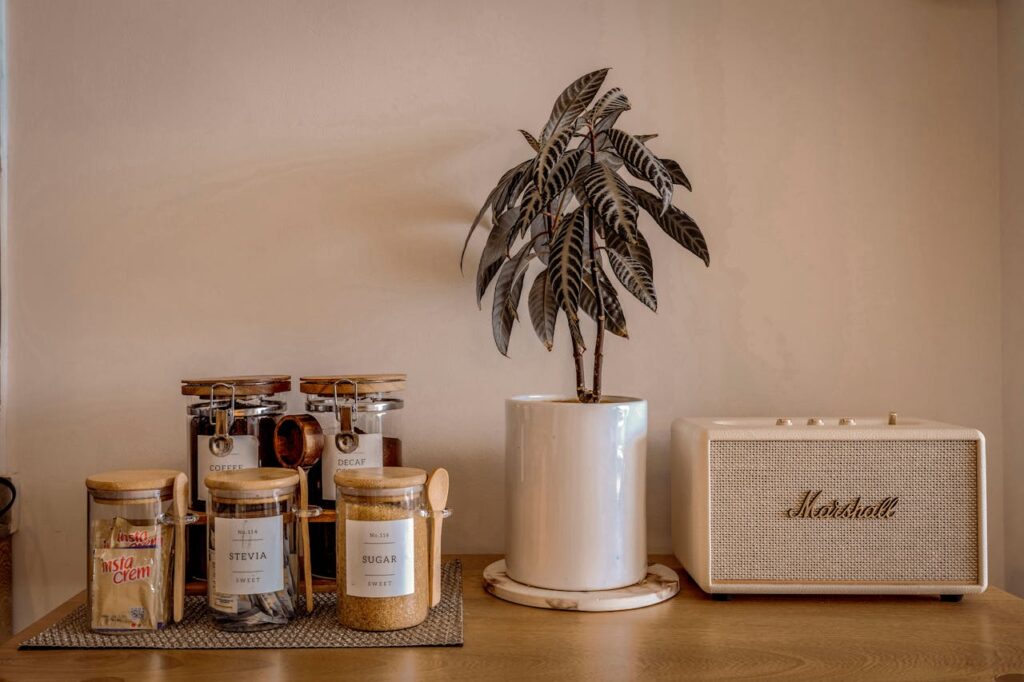
Conclusion & Next Steps
Starting your first Airbnb rental may seem overwhelming, but by following these 7 powerful steps, you’ll set yourself up for success. From choosing the right property and optimizing your space to pricing strategically and delivering a 5-star guest experience, every detail matters. Automating operations and marketing your listing effectively will help maximize bookings and profits.
For first-time hosts, the key is to start small and learn as you go. Focus on providing an outstanding guest experience, as positive reviews will boost your credibility and ranking on Airbnb. Don’t be afraid to adjust your pricing, amenities, or listing details based on guest feedback and market trends.
If you’re ready to take the next step, explore Airbnb’s Host Resources, join online communities like Airbnb host forums or Facebook groups, and consider tools like pricing software and automated messaging systems. You can also connect with experienced hosts for insights and best practices.
Success in Airbnb hosting doesn’t happen overnight, but with the right strategy and mindset, you can turn your property into a profitable and rewarding business. Are you ready to launch your Airbnb journey?
We hope this deep dive into Airbnb rental hosting success has highlighted the incredible opportunities in the short-term rental market. From maximizing bookings to delivering unforgettable guest experiences, following these steps can set you up for long-term profitability. As the demand for unique stays continues to grow, the potential for success in this industry is limitless!
If you found this guide helpful, don’t forget to like and share for more tips on Airbnb hosting, vacation rentals, and strategies to maximize your rental income!

We’d love to hear from you! What’s your biggest takeaway from this Airbnb hosting guide? Share your thoughts and experiences in the comments below!
Explore More Tips and Guides
If you’re looking for more hospitality & travel inspiration, check out our other posts:


